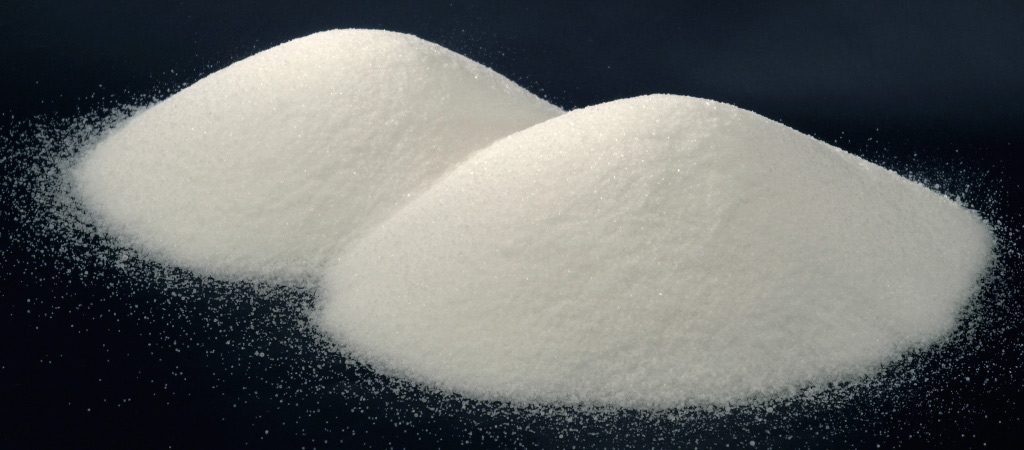International Health News
Today is World Diabetes Day, and health authorities are taking this opportunity to remind people of the importance of going for regular screenings to test for the illness. Nearly half of all adults living with diabetes are unaware that they have the illness and risk forgoing treatment for the disease until it is too late.
New research suggests that people with a genetic predisposition to heart disease can minimise the risk of a heart attack by living well. Eating healthily, exercising, maintaining a healthy weight and not smoking can help reduce the risk of inheriting the disease by half. The opposite is also true; those people born with a genetic advantage helping to protect them against heart disease can counteract their fortune by living an unhealthy lifestyle.
An international team of investigators have determined that certain regions in Asia-Pacific and Africa are the most vulnerable to the spread of the Zika virus. The areas have been identified using an ecological modelling study, taking into account the factors of air travel, mosquito populations and the vector competence for flavivirus transmission. 2.6 billion people live in the areas which are predicted to be most affected, such as India and Nigeria, but researchers also suggest that underlying immunity to the virus in these areas may help keep outbreaks in check.
Country updates
After news broke of Donald’s Trump victory in the U.S presidential elections last week, women have been encouraged to get an IUD implant before the Republicans begin to make changes to the healthcare system. This method of birth control can last up to 3-6 years, so will keep women protected if Trump goes through with his plans to repeal the Affordable Care Act (ACA or Obamacare). The ACA currently provides women with free birth control, like the IUD implant, that wouldn’t necessarily be included on private insurance plans.
Health Advice
Are you prone to a salt craving? Well you may have your genes to blame. New studies show that some people carry a gene which drives salt cravings, which could affect how heavily you season your food. People who carry this gene are twice as likely to exceed their daily salt intakes, which could lead to long term health problems like high blood pressure.
Image: Salt-(sea)_B130623 by Dubravko Sorić, CC 2.0
